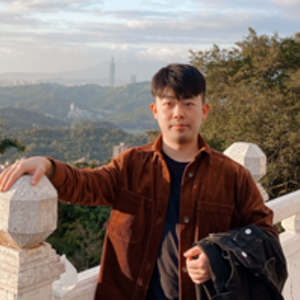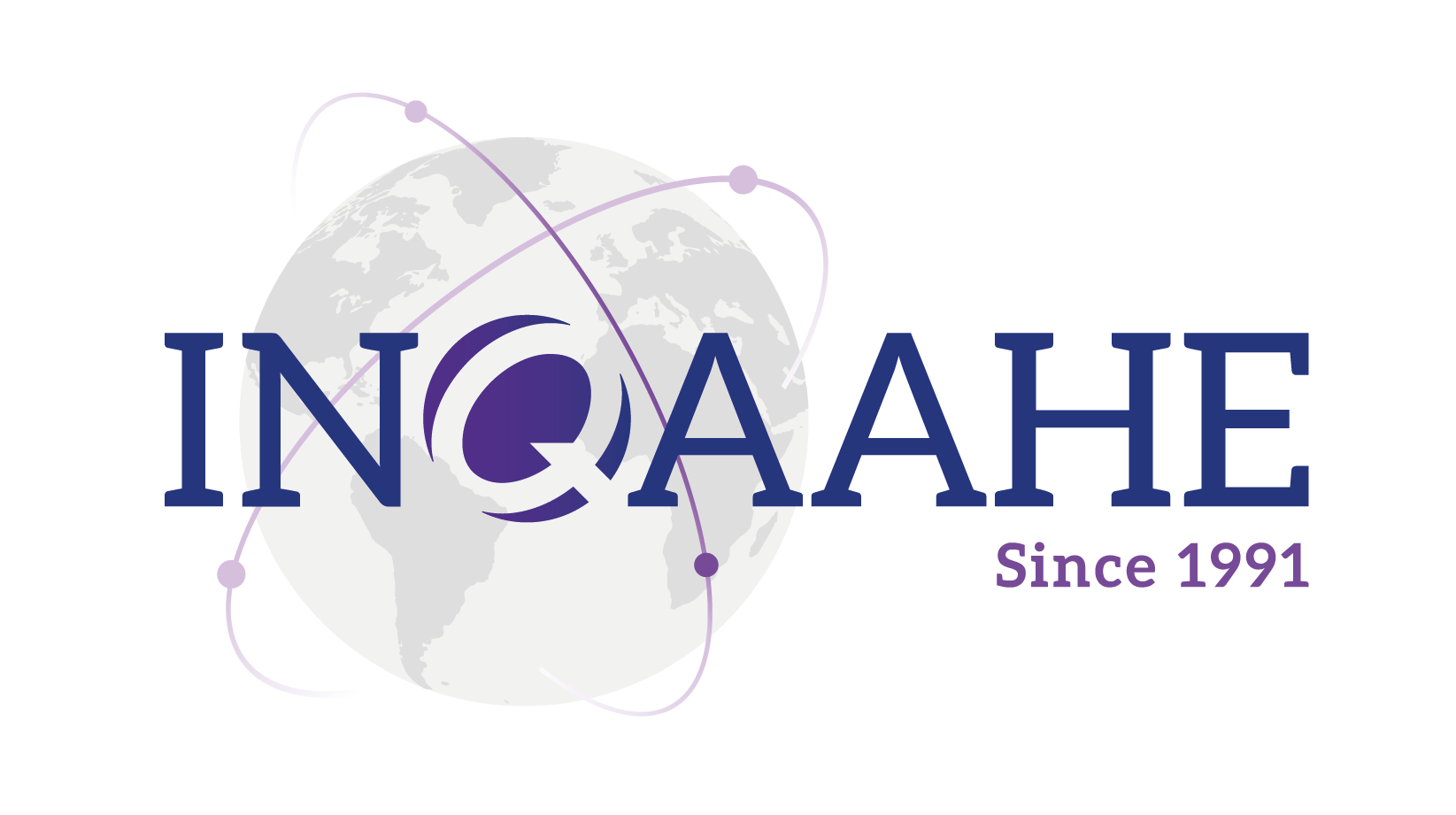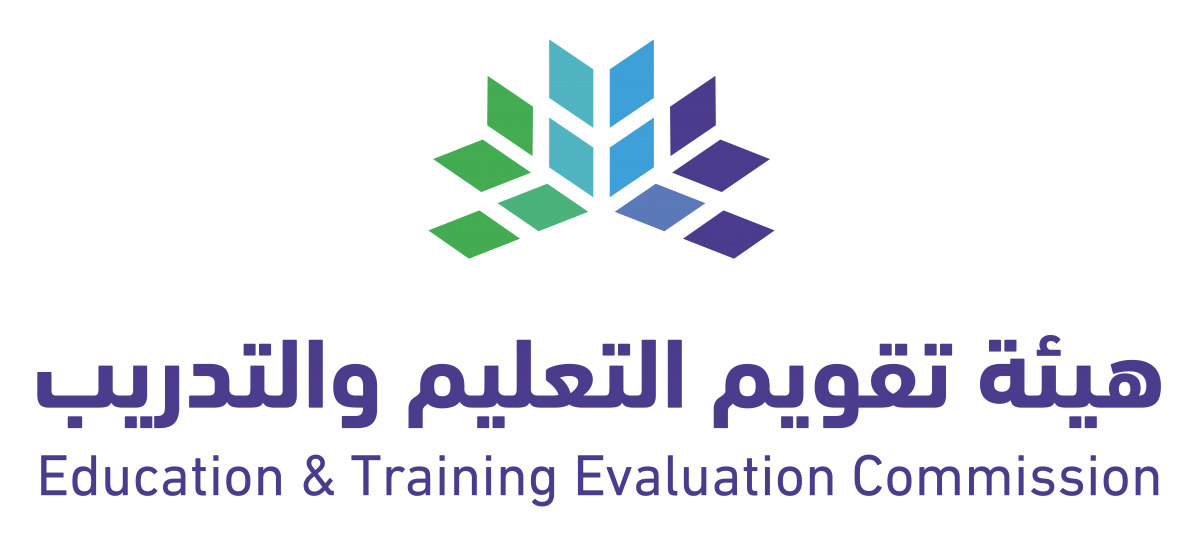INQAAHE Conference 2023
Roadmap to Enabling Quality in Tertiary Education 2030
May 31, 2023
Sub-theme 3 Quality Assurance of Cross-Border Education
Multi-Speaker session
Policy transformation in China's Transnational Higher Education: Quality assurance and impacts
Since the beginning of transnational education in mainland China, the government has launched a variety of policies on Sino-Foreign cooperative education to meet the social development and educational reform at different phases. Transnational education in China has experienced a trajectory from early exploration to quality building, demonstrating a shift from broad and quantitative approach to more focus and qualitative characteristics. However, the rapid growth of transnational education inevitably accompanied by several quality issues. Through a review of China's transnational education policies, this paper aims to analyze how the policy shift has affected the quality of instruction offered by Sino-Foreign universities and how these institutions have responded to the policy change by sustaining or enhancing the quality of teaching.
Facilitated by:
 Ziwei ZHOU
Ziwei ZHOU
Mr. Ziwei ZHOU is a doctoral student from College of Education, National Chengchi University. He is also studying the Doctor of Policy Studies programme at Lingnan University, Hong Kong. Mr. ZHOU received his master’s degree in Organisational Psychology and Education Management from Lingnan University. His research interests fall in the realms of International Higher Education, Comparative Education Policy, and Transnational Education.
Did the Value of Joint/Dual Degree Programmes via Virtual Delivery Getting Lesser During the Pandemic?
The pandemic 2020 pressured governments, quality assurance agencies and qualification recognition bodies in Asia to respond this loop, particularly these international joint/ dual degree programs being forced to shift into a virtual mode suddenly. Therefore, the study aims at exploring the development of internal and external QA mechanism over international joint/ dual degree programs and the relevance to qualification recognition in Asian context before and during the pandemic. The policy shift over the recognition of qualification in international joint/ dual degree programs via virtual delivery in Asian nations during the pandemic is discussed next. Finally, the study will investigate the manifestations and potentials of international joint/ dual degree programs online in the post pandemic era.
Facilitated by:
 Prof. Angela Yung-Chi Hou
Prof. Angela Yung-Chi Hou
Angela Yung-chi Hou, is Professor of Higher Education and Associate Dean of College of Education, National Chengchi University, Taiwan. In 2022, she was elected as President of Chinese Taipei Comparative Education Society. She served as Executive Director of Higher Education Evaluation & Accreditation Council of Taiwan (HEEACT) from 2016 to 2021. She has been actively committed to quality assurance practices and international research for more than 15 years, including serving as Vice President & Board member of International Network of Quality Assurance in Higher Education (INQAAHE), Vice President & Board member of Asia Pacific Quality Network (APQN). Up to present, she has published more than 130 English and Chinese journal papers, articles, book chapters, reports and monographs in higher education and QA the areas. She was granted Outstanding Research Award by National Science and Technology of Taiwan in 2023.
Hong Kong Branch Campuses in Greater Bay Area: Motivations, Quality assurance, and Impacts on Higher Education Regionalization
Given that higher education cooperation in the Greater Bay Area (GBA) was encouraged by the Chinese government, the top eight universities in Hong Kong have successively established branch campuses in GBA. Their collaborative practices and modes by the Guangdong and HK governments would be implemented to strengthen regionalization and to establish several world-class universities in GBA. However, regional disparities in the GBA are accentuated, especially between Hong Kong and Guangdong. Interestingly, it is imperative that how can HK universities can develop and integrate their branch campuses into the GBA? At the same time, how can these HE branch campuses ensure their educational quality worthy of these top-ranking home campuses from Hong Kong? Existing research tends to concentrate more on the IBCs from western countries while ignoring HK's branch campus in the Mainland. Therefore, this paper examines the motivations of this cooperative mode by local governments and Hong Kong's university branch campuses, and internal quality assurance of branch campuses, as well as their future challenges on higher education regionalization.
Facilitated by:
 Christopher Hongyi Tao
Christopher Hongyi Tao
A dual doctoral student, supervised by Lingnan University (LU) and National Chengchi University (NCCU), majoring in Doctor of Policy Studies (DPS) at LU and Ph.D. specialization in educational policy and administration at NCCU. He is also an adjunct researcher at China University of Minning and Technology (CUMT). His research focuses on comparative higher education, cultural exchanges between rival societies, and neo-institutionalism in policy studies.
INQAAHE Conference 2023 is sponsored by KazMunayGas, a platinum sponsor, the Education & Training Evaluation Commission (ETEC), a gold sponsor, Astana Development, a bronze sponsor, and Kazakh Tourism.







